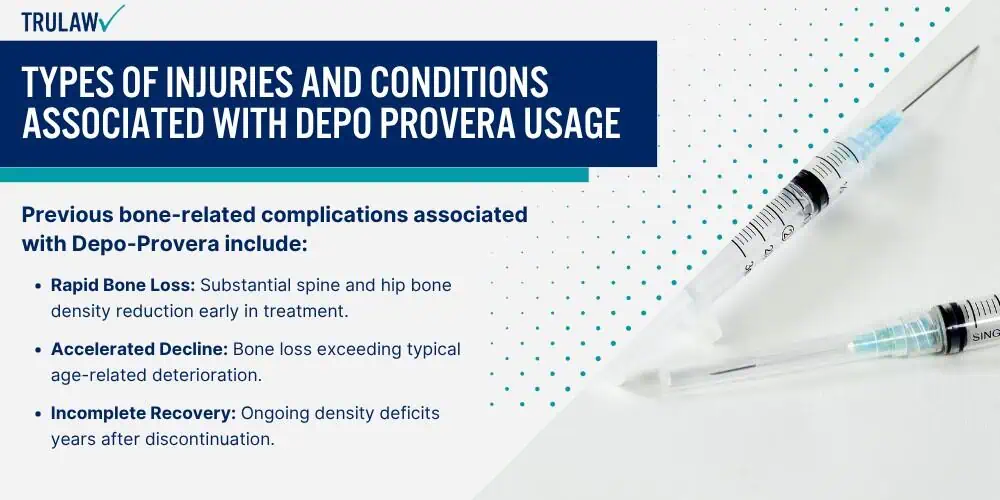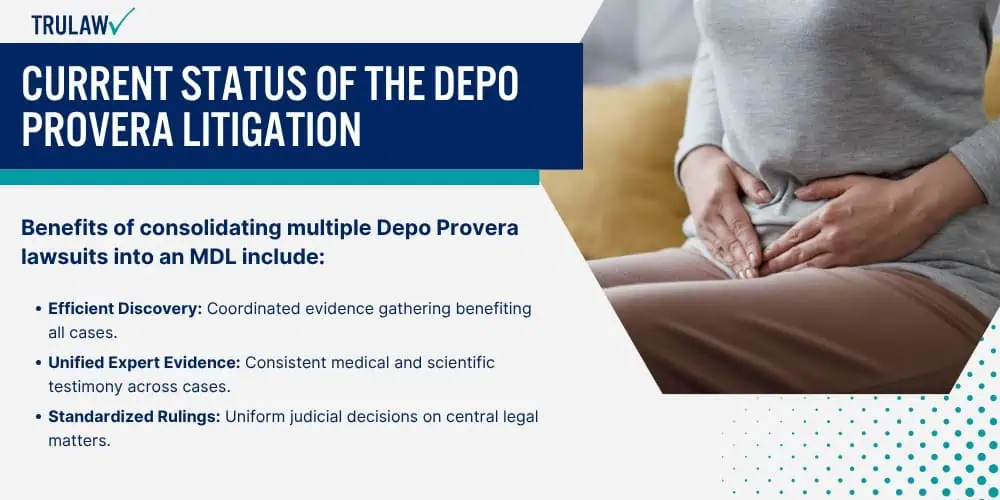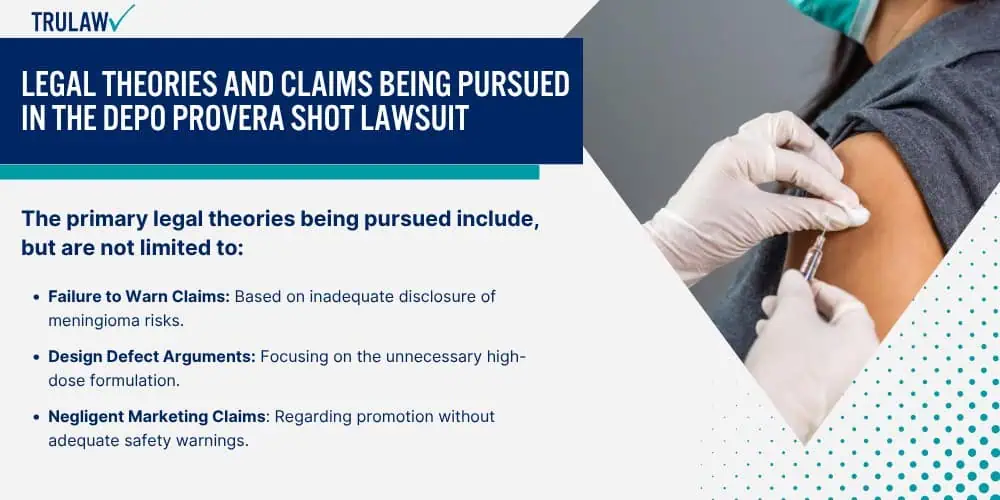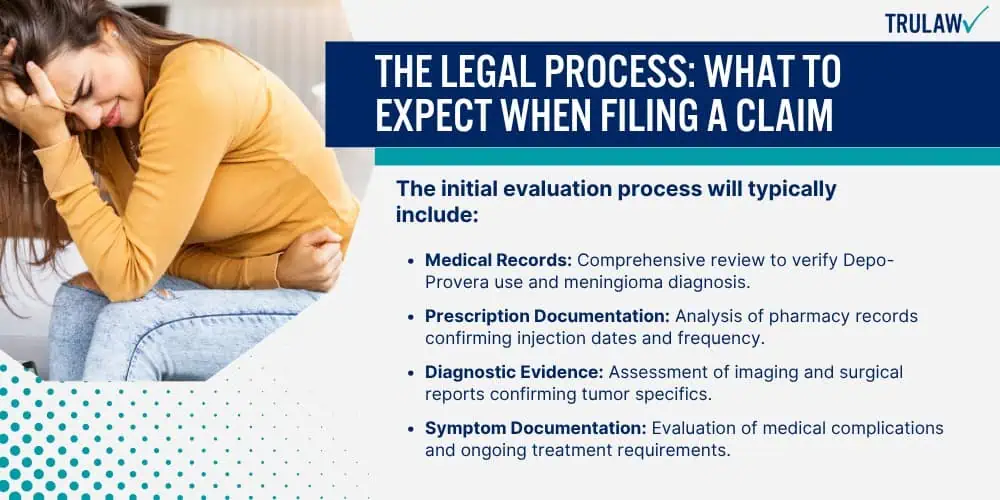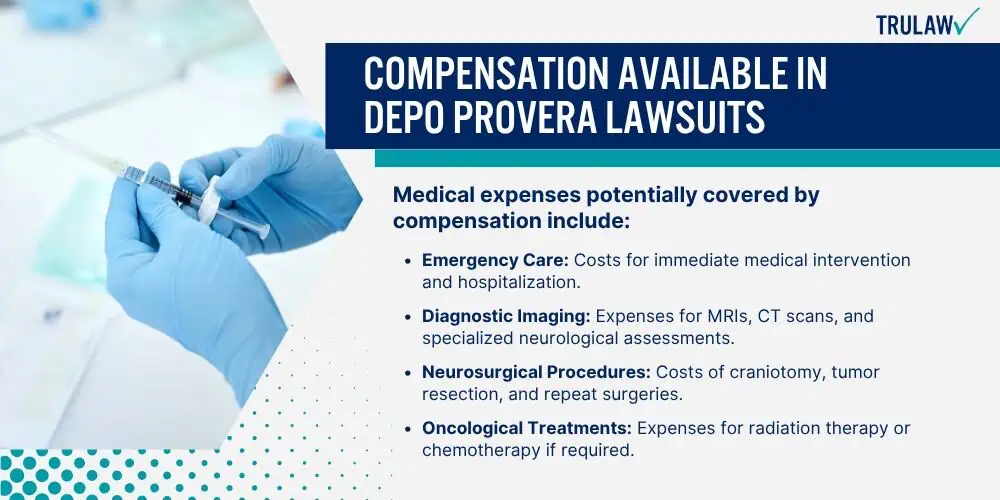The injectable contraceptive Depo Provera works by delivering a high dose of synthetic progesterone through quarterly intramuscular injections, effectively preventing pregnancy for three months by suppressing the body’s natural hormone production.
The drug gained popularity among women seeking long-term contraception without the daily responsibility of oral birth control pills, particularly among teenagers and young adults who appreciated its convenience and high efficacy rate.

Available in two formulations – the standard 150mg intramuscular injection (Depo-Provera) and a lower-dose 104mg subcutaneous version (Depo-SubQ Provera 104) – the birth control injection has been prescribed to approximately 74 million women globally.
The Depo Provera shot is commonly prescribed for reasons such as:
- Long-Term Contraception: Women preferring birth control without daily medication requirements.
- Endometriosis Management: Patients needing hormone progestin therapy to relieve endometriosis symptoms.
- Estrogen Contraindications: Individuals who cannot safely use estrogen-containing contraceptives.
- Youth Convenience: Teenagers and young adults choosing discrete, long-acting birth control methods.
Pfizer has maintained control over Depo-Provera’s production, labeling, and safety information since acquiring Pharmacia & Upjohn in 2002, making the company responsible for all warnings and contraindications on the drug’s labeling.
Despite the availability of a lower-dose subcutaneous formulation that could potentially reduce meningioma risk, Pfizer has continued to primarily market the higher-dose intramuscular version in the United States.
The company’s global revenue from Depo-Provera sales has generated billions of dollars over the past three decades, making it one of the most profitable contraceptive products in pharmaceutical history.
Primary Health Concerns Leading to Legal Action
The most serious adverse effect driving current litigation is the development of intracranial meningiomas – typically benign but potentially life-threatening brain tumors that grow in the protective membranes surrounding the brain and spinal cord.
If you’ve used Depo-Provera and experienced unexplained headaches, vision changes, or neurological symptoms, contact TruLaw today for a free consultation to discuss your potential case.
Research published in the British Medical Journal recently discovered that women taking Depo Provera for more than one year faced a staggering 5.6-fold increased risk of developing these tumors compared to non-users.
While meningiomas are often classified as benign, their location near vital brain structures can cause devastating symptoms including severe headaches, vision loss, hearing impairment, seizures, and cognitive changes that dramatically impact quality of life.
The most serious health concerns Depo Provera linked to include:
- Intracranial Meningiomas: Tumors necessitating surgical removal and lifelong monitoring.
- Bone Density Loss: Substantial reduction leading to fractures and early osteoporosis.
- Fertility Issues: Extended delays in fertility recovery, sometimes leading to permanent infertility.
- Mood Disorders: Severe depression, anxiety disorders, and emotional disturbances.
- Menstrual Irregularities: Persistent bleeding issues or amenorrhea lasting long after cessation.
- Weight Gain: Substantial body weight increases that can persist after discontinuation.
Unlike common birth control side effects that resolve after stopping medication, many Depo-Provera complications can persist indefinitely or worsen over time.
Meningiomas may continue growing even after discontinuing the injection, requiring multiple surgeries, radiation therapy, and lifelong neurological monitoring.
The tumors’ proximity to vital brain regions means that even “successful” surgical removal can result in permanent disabilities including memory loss, personality changes, and motor function impairment.
For many women, the discovery of a brain tumor linked to their contraceptive choice has fundamentally altered their life trajectory, requiring extensive medical care and dramatically limiting their personal and professional opportunities.
Long term Depo Provera use among Depo Provera patients has been associated with serious health risks beyond brain tumors, including bone mineral density loss that may never fully recover and fertility delays that can extend years beyond typical contraceptive recovery periods.
Timeline of Safety Warnings and Label Changes
The scientific connection between synthetic progesterone and meningioma development was first established in 1983, nearly a decade before Depo-Provera received FDA approval for contraceptive use. Plaintiffs allege Pfizer has failed to incorporate adequate warnings about brain tumor risks on U.S. product labels.
Following the publication of compelling evidence in March 2024, regulatory agencies in the European Union, United Kingdom, and Canada mandated that Pfizer add meningioma warnings to Depo-Provera labeling in their jurisdictions.
Despite acknowledging awareness of the meningioma risk in public statements, Pfizer has not updated warning labels for American consumers, leaving millions of U.S. women uninformed about potentially life-threatening complications.
Here is a timeline of Depo Provera safety warnings history:
- January 1983: Research establishes link between progesterone exposure and meningioma growth
- October 1992: FDA approves Depo-Provera for contraceptive use without meningioma warnings
- November 2004: Black box warning added for bone density loss after extensive litigation
- March 27, 2024: BMJ publishes landmark study showing 5.6x increased meningioma risk
- April 2024: Pfizer acknowledges risk but claims to be “working with regulatory agencies”
- September 2024: European Medicines Agency mandates meningioma warnings on Depo-Provera labels
The U.S. labels still remain unchanged despite these international warnings.
The delayed implementation of safety warnings in the United States may strengthen legal claims for women who weren’t adequately informed about meningioma risks during their treatment, particularly given that physicians prescribing Depo Provera lacked adequate information about these brain tumor risks.
If you used Depo-Provera before learning about brain tumor risks and have since been diagnosed with a meningioma, you may be entitled to substantial compensation from TruLaw’s experienced legal team.
International regulatory actions demonstrate that the scientific evidence was sufficient to warrant warnings, yet Pfizer chose not to update U.S. labels, potentially prioritizing profits over patient safety.
This pattern of selective disclosure across different markets may constitute evidence of corporate negligence and deliberate concealment of known risks from American consumers.


